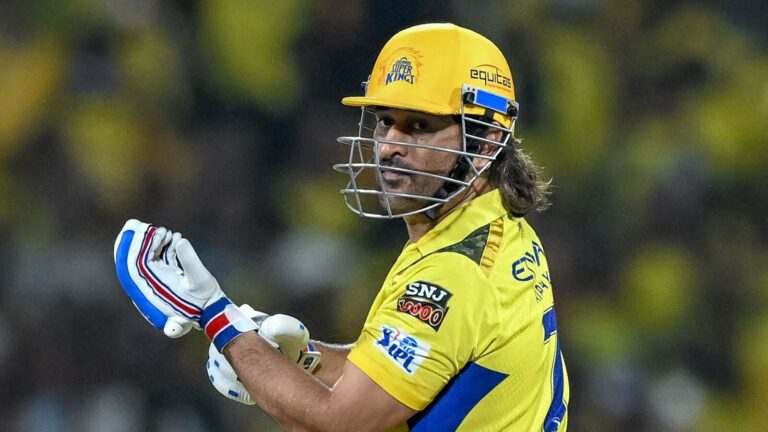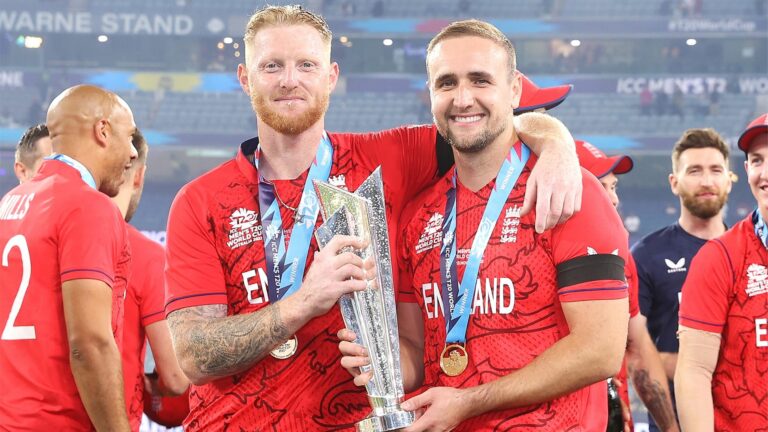Cricket’s Greatest Captains: Leadership and Tactics
99Exch, Gold: Successful cricket captains possess a combination of strong leadership skills and strategic thinking. They are able to inspire and motivate their teammates to perform at their best, leading by example both on and off the field. A successful captain is able to remain calm under pressure and make quick, decisive decisions that can impact the outcome of the game.
In addition to leadership skills, successful cricket captains are excellent communicators. They are able to effectively convey their ideas and game plans to their team members, ensuring that everyone is on the same page and working towards a common goal. Clear communication is key in cricket, especially in high-pressure situations, and top captains excel in keeping their team focused and united.
Innovative Strategies on the Field
Utilizing unorthodox field placements and bowling changes can catch the opposition off guard and disrupt their game plan. By thinking outside the box, captains can create pressure on the batsmen and force them into making mistakes. These innovative strategies can lead to breakthroughs and turn the tide of the game in favor of the captain’s team.
Another effective strategy on the field is to rotate bowlers frequently to keep the batsmen guessing and prevent them from settling into a rhythm. This proactive approach not only keeps the opposition on their toes but also allows the captain to assess the conditions and make informed decisions based on the performance of the bowlers at any given time. By staying flexible and adapting to the situation, captains can stay one step ahead and guide their team to success.
Effective Communication with Team Members
Effective communication is an essential aspect of successful team dynamics in the world of cricket. Captains who excel in this domain possess the ability to clearly convey their thoughts, strategies, and expectations to their team members. By fostering open lines of communication, captains can ensure that everyone is on the same page and working towards a common goal.
Furthermore, effective communication extends beyond just talking – it also involves actively listening to teammates and considering their perspectives. Captains who engage in two-way communication with their team members create an environment of trust and collaboration. This allows for ideas to be shared freely, problems to be addressed effectively, and ultimately leads to a stronger and more cohesive team unit on the field.






